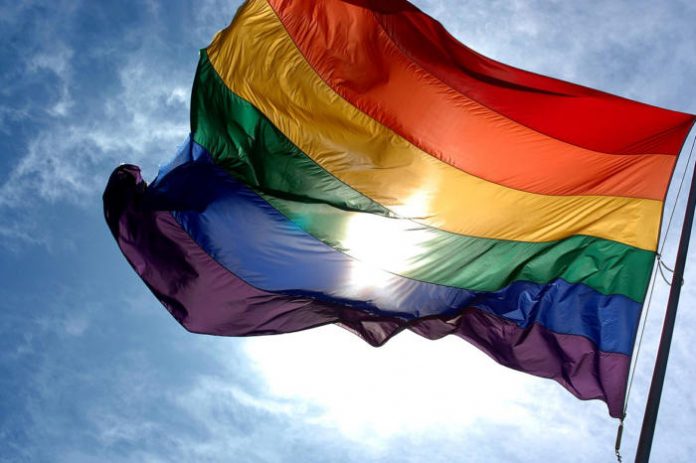As June comes rolling in, communities around the world have begun celebrating Pride Month. However, a new study commissioned by AXA Asia has revealed that many companies in the region are still falling short when it comes to fostering an LGBTQ+ friendly working environment through Inclusion and Diversity (I&D) initiatives. The findings highlights key areas where action can help to manage factors that affect the mental health of LGBTQ+ employees, including acceptance, working culture and the impacts of the COVID-19 pandemic.
LGBTQ+ Awareness and Education at Work
Companies play a vital role in creating an inclusive, welcoming environment for employees, demonstrating leadership in educating on both LGBTQ+ and broader I&D topics. However, the study found that progress has been somewhat uneven. Hong Kong companies as a whole were rated as performing more poorly on LGBTQ+ education in comparison to other I&D pillars such as gender parity or racism, though international companies in both Hong Kong and the Philippines were more likely to be seen as performing well (55%) compared with domestic companies (36%) on LGBTQ+ I&D education specifically. Overall, corporates in Japan have been more active in supporting LGBTQ+ causes and communities recently, such as joining Rainbow Pride Parades, but those in Thailand are less active, particularly in traditional sectors like the police and the military, as well as education.
Being Openly ‘Out’
Though the working environment remains an important part of daily life, the study found that many LGBTQ+ people are still hesitant to be fully ‘out’ in the workplace. While 61% of respondents in the Philippines made their sexual orientation public at work, in Hong Kong only 16% are ‘out’ to all of their colleagues. By contrast, nearly one in five (18%) respondents in Hong Kong stated that no one at their workplace is aware of their sexual orientation.
According to the survey, respondents feel that being identified as LGBTQ+ is still considered a hindrance to career prospects and development (31%). Whereas in the Philippines, the opposite is true. with respondents saying that they feel more able to be ‘out’ and their true selves, helping their careers in terms of their perceived ability/performance (64%) and relationships with colleagues (63%).
Experts in Japan and Thailand stated that societal acceptance of LGBTQ+ people has improved with greater representation, yet in these markets, individuals can also still feel constrained in the workplace by expectations of adhering to traditional gender roles and that they can be subject to discriminatory treatment.
The Pandemic Has Not Reversed the Gains
Despite these continuing challenges, there is a silver lining in that COVID-19 has not been felt to have impacted social progress on the acceptance of LGBTQ+ in the workplace. The overwhelming response from respondents in all four geographies is that although COVID-19 has brought many challenges globally, the majority believe it has not eroded acceptance levels or work on LGBTQ+ policies, with activities to raise awareness continuing through online channels.




















